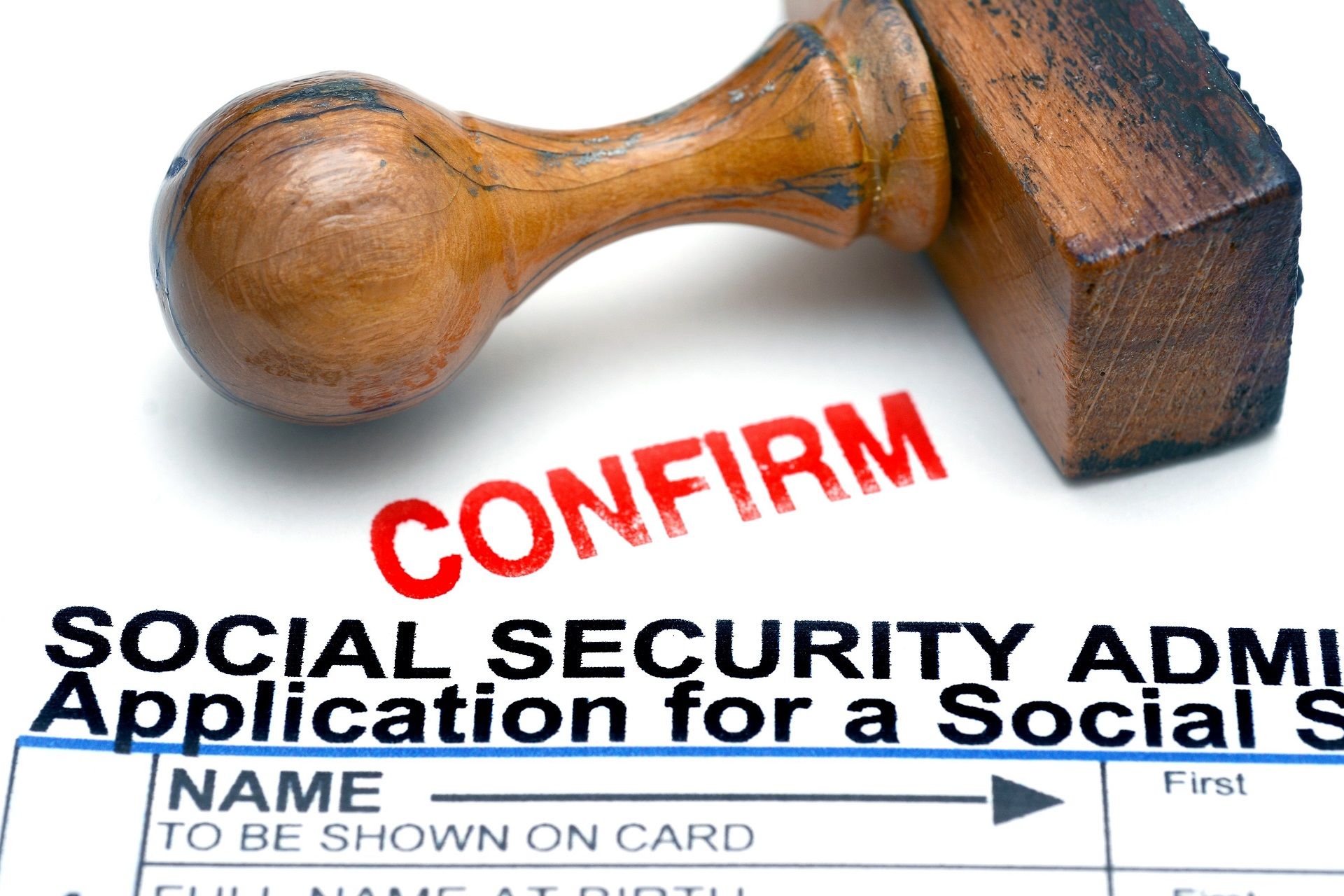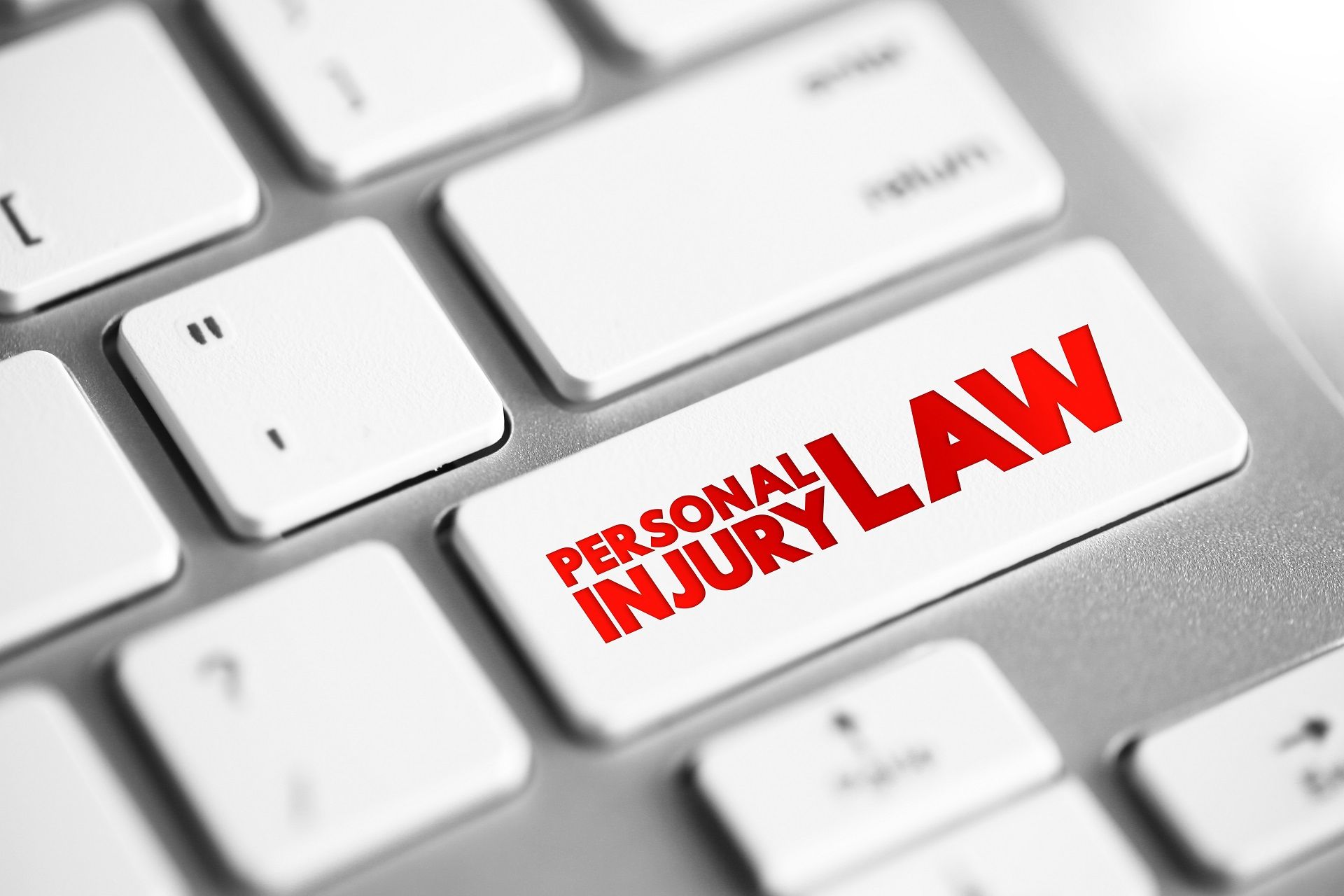4 Signs That You Will Be Approved For Disability After Hearing

If you applied for disability, you already know just how tedious the entire process is, especially if your initial application and request for reconsideration were rejected.
Having your claim denied is stressful - attending the hearing in front of the administrative law judge and spending months awaiting the decision certainly adds to the tension.
Fortunately, if you take a step back and try to recall the details from your
disability hearing, you can get a better idea of how the hearing went if you know what to look out for.
Here are some of the signs that you will be approved for disability after the hearing.
#1. Judge Asked The Vocational Expert Just One Question
Vocational experts are a crucial part of disability hearings and will usually be thoroughly questioned by the administrative law judge. These questions are formed as hypotheticals, involving asking the expert about certain limitations (similar to yours) and how they reflect on the hypothetical individual’s ability to find employment.
If the vocational expert testifies there are no jobs available to a person in a similar position as yourself, it means you are likely to win your disability at the hearing level. Keep in mind that the vocational expert is there only to help give the judge a solid basis for a decision, not to make the final decision.
One of the biggest signs that you will be approved for disability after a hearing is when the judge poses only one question to the vocational expert based on the facts in your medical records. This means that the file brought in front of the judge is rather clear cut and they have no need to introduce additional limitations into the line of questioning.
#2. Judge Doesn’t Require You To Fully Substantiate Your Case
Generally speaking, disability hearings are not that different from other types of legal proceedings. Your attorney will be expected to present your case in total - including delivering an opening statement, putting forth arguments with citations to medical evidence, and questioning you (the claimant) in order to fully substantiate the case.
Nevertheless, some hearings will deviate from this pattern and be cut short by the judge. For a layman, this may seem concerning, but it’s actually one of the biggest signs you will be approved for disability after hearing.
For example, a judge may cut off your attorney when they’re in the middle of their line of questioning by saying something along the lines of
“Thank you, counsel. I have a good understanding of the case now.” or even
“Thank you, counsel. I suggest we proceed with questioning the vocational expert and then we’ll see if we need to question the claimant further”.
Comments like these suggest the judge already reviewed the case, is familiar with all the arguments, and doesn’t need any further elaboration as the medical evidence is concrete.
#3. Appointed Medical Expert Has Corroborated The Evidence
Depending on the circumstances of the case, the judge may choose to appoint a medical expert. This individual is tasked with reviewing the submitted medical records and offering their expert opinion on whether the impairments outlined in the records meet the criteria of Social Security Administration’s listings.
If they testify that this listing is medically equal or met, it’s one of the clear signs that you will be approved for disability after hearing.
We must stress that a judge is not legally required to make a decision based on the opinion of any expert as they have a wide degree of discretion. They are free to choose which opinions they can assign weight to. However, if the experts testifying at your hearing have corroborated the evidence and the judge doesn’t ask for further testimony, you’re more likely to be approved for disability than not.
#4. Judge Hints At A Positive Outcome
Judges are only human and may accidentally let their decision “slip” by making hints about the outcome. For instance, they might comment on the severity of the medical condition and mention evidence such as an MRI or they may note that a physician has supplied a realistic opinion regarding your disability.
The decision is never final until you receive your decision by mail, but this is still one of the good signs that you will be approved for disability after hearing.
Sings The Hearing Did Not Go Well
Just as there are signs that you will be approved for disability hearing, some things point to a negative outcome.
For example, a judge may call out the claimant if they believe they’re embellishing their testimony, and will directly express their skepticism. If a judge asks the claimant if they can drive and they reveal that they can’t, the judge will make follow-up questions in case the evidence says otherwise. If the attorney can’t produce evidence for this claim, the claimant might lose credibility.
Another sign pointing to an unfavorable result is that the judge had worked with an incomplete record or so-called bad facts in the record. For instance, there may be evidence of substance abuse, failure to follow medical professionals’ recommendations, or of work activities after the onset date.
In some cases, there may be reasonable explanations for such actions, so it’s on the claimant and their attorney to make sure these facts are addressed and clarified at the hearing. Failure to do so will likely end in a denied claim due to the aforementioned bad facts.
There Is Always Hope
While seeing any signs that you will be approved for disability after hearing may make you feel ecstatic, the negative aspects tend to occupy one’s mind more often than not. The reality is . it could swing any way and you can’t tell for sure what the outcome will be until you receive a decision in the mail.
There’s good news, though. Even if your claim gets rejected, you can file an appeal with the Appeals Council if you and your attorney are 100% certain that you’re eligible for benefits. Furthermore, you can file a lawsuit in Federal District Court.
The bottom line: despite all the workarounds, legitimate disabilities eventually get recognized and there are always legal means at your disposal to ensure you get what you’re entitled to.
Related Links -
Common Questions About Disability Hearings
Vocational Expert At SSDI Hearing
How Does a VE Help with Social Security Disability Benefits?
What To Expect During A SSDI Disability Hearing
What is a Disability Hearing Actually Like?
How To Win Social Security Disability Federal Court Appeal?
RECENT POSTS
CONTACT US
We will get back to you as soon as possible.
Please try again later.
Evaluation Request
Contact Us
We will get back to you as soon as possible.
Please try again later.
Contact
Contact Us
We will get back to you as soon as possible.
Please try again later.
All Rights Reserved.
This website is managed by Oamii.







